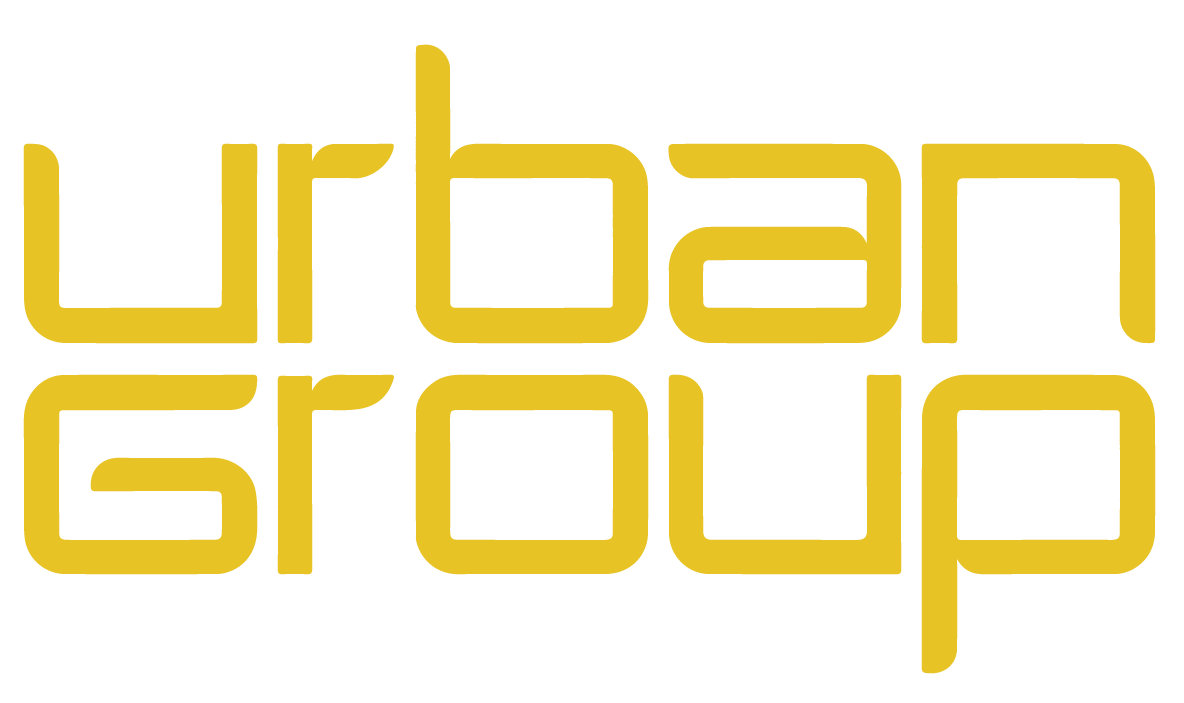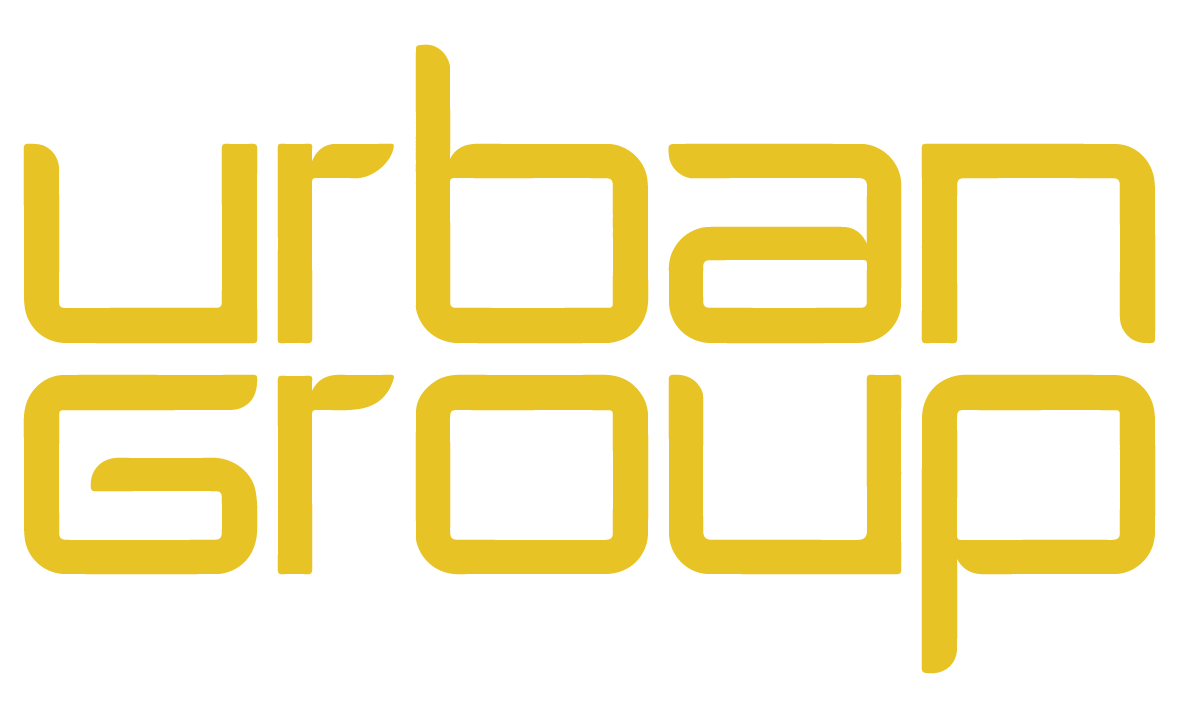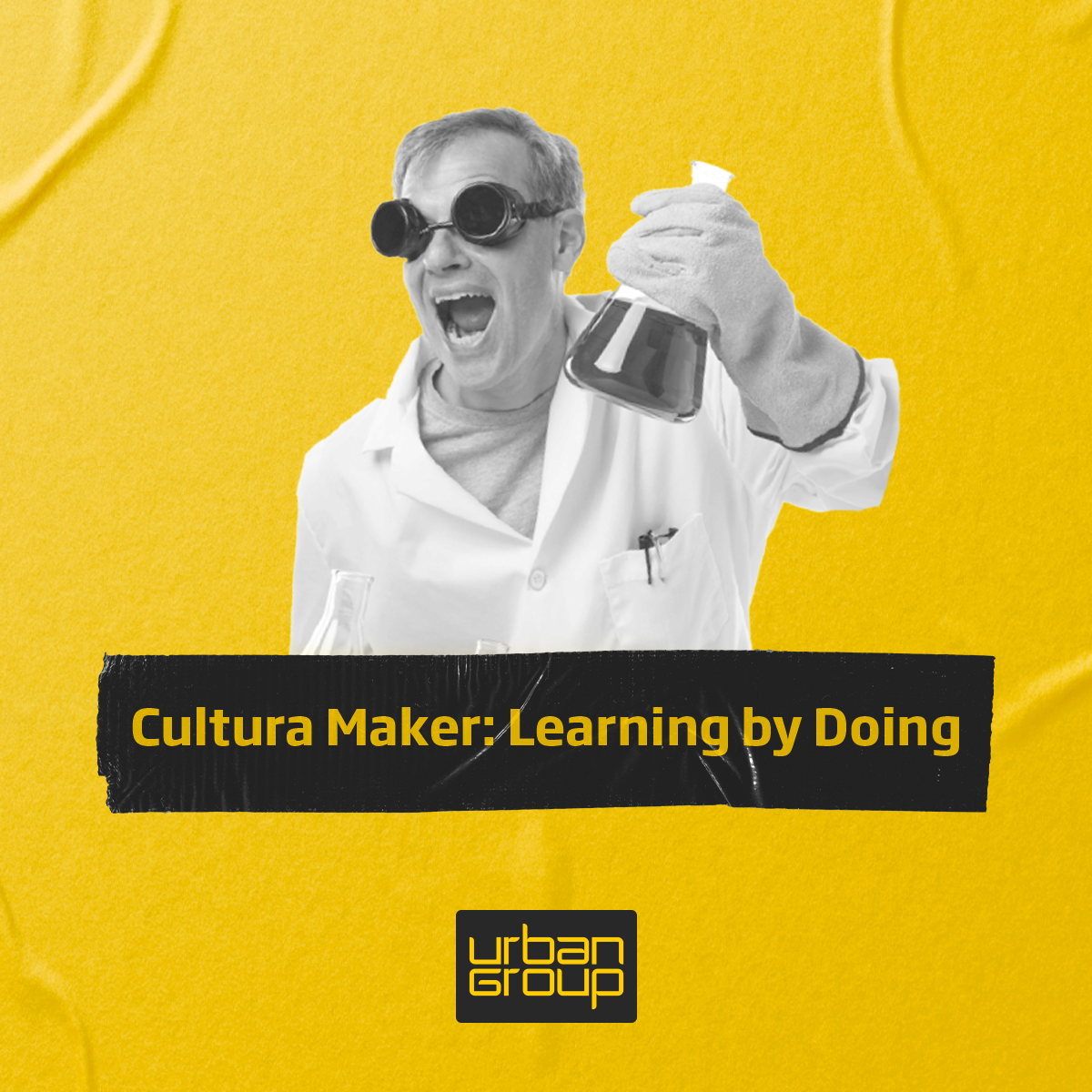Maker Culture: Learning by doing
DO YOU CONSIDER YOURSELF A CURIOUS PERSON? SELF-TAUGHT? EMPIRICAL?
Well, all these characteristics are part of the Maker culture, so you might be one and not even know it, but what exactly is the Maker culture or how does one become a Maker?
The term Maker originates from a North American trend from the 1950s that promoted the learning of new skills. Years later, in 2005, the term's creator, Dale Dougherty of O'Reilly Media, launched the Make magazine, which advocated for DIY (Do It Yourself) projects. With this, the Maker culture saw an exponential takeoff, expanding into many more areas but remaining as a social movement with an incredible artisanal spirit that could use all kinds of manufacturing methods, both digital and physical. This allowed for the inclusion of a new educational model based on these principles of learning by doing.
There is a saying that you learn more by doing than by listening or watching, which allows us to:
- Experiment
- Imitate
- Fail
- Repeat
In this process, we go through these stages over and over again until we find the path to the solution we were looking for, but the knowledge does not stay with us. The Maker culture has another factor apart from DIY, which is DIWO (Do It With Others). This implies that learning is not solitary; knowledge is shared, and problems are solved while creating experiences.
FUNDAMENTALS OF THE MOVEMENT
- Creation: It's not just about learning from others, but on the journey, we can create our own learning methods and problem-solving approaches.
- Teamwork: Makers are known for doing good teamwork. Their learning process is purely collaborative as it facilitates learning and speeds up problem-solving. Adaptation: Being people with many skills and knowledge, Makers can easily adapt to different environments, as well as problems that may arise.
- Adaptation: Being people with many skills and knowledge, Makers can easily adapt to different environments, as well as problems that may arise.
- Practice: To perfect the methods they resort to requires a lot of practice/error, this should not be a setback for our learning process, on the contrary, these experiences enrich us to teach us the paths and methods to consider.
- Entrepreneurship: A Maker is naturally entrepreneurial as they believe that it is not necessary to buy something when they can make it themselves.
- Change: The cornerstone of the Maker culture is innovation; nothing can happen, nothing can be improved, and we cannot evolve without changes.
MAKERS IN COMPANIES
Currently, Makers are more in demand in the job market. The set of skills and characteristics that identify one is fundamental for the innovation of many companies. Makers contribute to solving real problems in companies using current technological tools. The characteristics that a company takes into account in a Maker are:
- Observation
- Innovative character
- The ability to solve problems on their own
- Learning with each project undertaken
- Personalization
- The use of different technological tools
- Creative solutions
The key to this movement is creation, as well as the transfer of knowledge, which allows the individual to develop personally and professionally to create while improving environments. It is worth noting that all these characteristics must be maintained in the long term. It is essential for companies working in Maker environments to pay attention to this area by providing training, workshops, and ongoing education that continue to foster the curiosity of a Maker, thus improving their areas of knowledge that can contribute very positively to a company.



